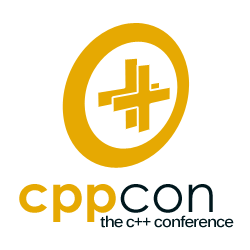camomilla: C++ error simplification script - - Vittorio Romeo
Article covering "camomilla", a Python script designed to post-process heavily-template-based C++ errors in order to make them easier to read.
camomilla: C++ error simplification script
by Vittorio Romeo
From the article:
camomilla uses simple text transformations to make gcc and clang errors smaller and easier to read. [...] The main text transformation used by camomilla to prevent full expansion of templates is "template typename collapsing", which hides nested typenames up to a user-specified depth. [...] The two other current transformations offered by camomilla are simple regex replacements that can act on namespaces or generic symbols. They can be defined in .json configuration files (which can recursively include each other!) [...] camomilla helps with [continuously transforming the same error] by automatically caching the last processed original error, so that the user can play around with different transformations and options.

 The CppCon YouTube Channel now has all 2016 videos.
The CppCon YouTube Channel now has all 2016 videos.